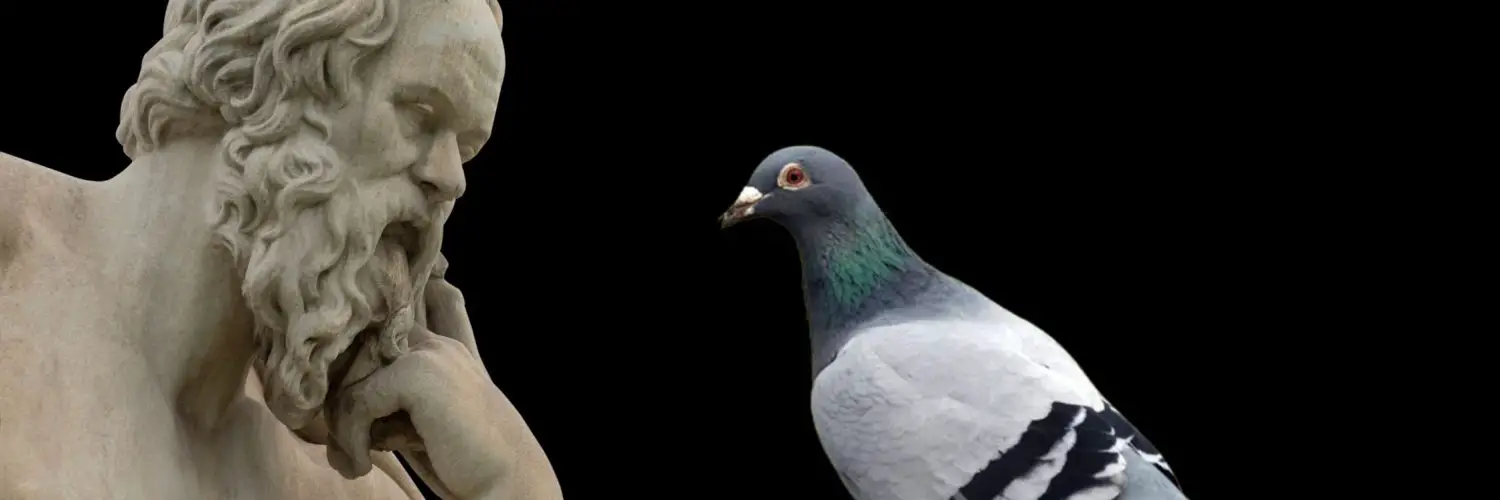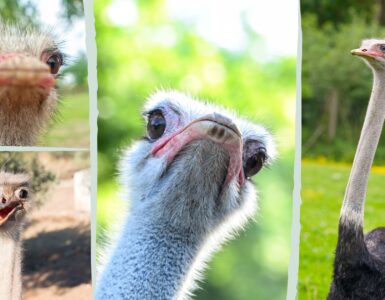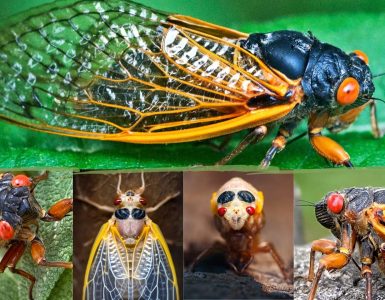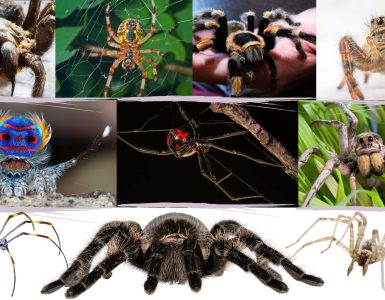If you usually use the term “bird brain” to address your imbecile friends, then it’s time to hunt for better words. There is a wide array of some of the smartest species of birds out there. Bowerbirds have a flair for sculpture, while crows are excellent with faces. Cockatoos can do some severe lock-picking, while domestic chickens can count numbers (left to right). However, there is a new addition to the category of avian intellectuals: the pigeon. Did you know pigeons can categorize and recognize objects? Also, did you know they can multitask better than us? Better? Well, it is what it is. Even if sharing streets with them irks you, believe it or not, they are your toughest competition. Let’s find out how.
Pigeon Intelligence – Are Pigeons Smart?
When it comes to intelligence, pigeons are surprisingly smart and highly sociable animals. In fact, these intelligent birds have been the subject of numerous studies in experimental psychology. Despite not having a neocortex like human beings do, pigeons have shown remarkable cognitive capabilities.
One study conducted with feral pigeons found that they performed exceptionally well in tasks that required relatively complex actions. For example, when trained to respond to different sequences of stimuli, pigeons were able to learn and execute the correct response sequences with accuracy. This ability to perform complex actions is comparable to the cognitive capabilities of other animals in the animal kingdom.
Pigeons have also showcased their intelligence in tasks related to artificial intelligence. For instance, they have been trained to analyze medical images and detect cancer, demonstrating their ability to process and interpret visual stimuli.
In addition to their cognitive abilities, pigeons are known for their remarkable navigational skills. They can learn and remember large numbers of routes, even over long distances. This is particularly impressive considering their small brain size.
Research conducted by Keio University has shown that pigeons can navigate using concentric rings and fixed times. They can also learn fixed routes with different stimuli and even pass the string test, where they have to pull on virtual strings to access food rewards. These findings suggest that pigeons possess similar mechanisms to humans when it comes to learning and executing complex actions.
Overall, pigeons are far from being “winged rats.” They have proven themselves to be highly intelligent and capable creatures. Their cognitive abilities and adaptability make them one of the most intelligent birds in the animal kingdom.
Word recognition
The ability to recognize words visually is one of the most critical aspects of reading. All this while only we (the human species), thought to possess the orthographic abilities. However, a study conducted in 2016 showed that you could train pigeons to discriminate words. Using food as rewards, pigeons learned 26 – 58 words. They could differentiate between them and not make any meaningless combinations.
Moreover, these birds could also identify new words that they never saw during their training. Interesting, isn’t it? This study has shown that reading’s neural bases, a uniquely human skill, were also present in the pigeons.
Count on the pigeons when it comes to counting
Most people associate intelligence in the animal world with primates. The animal order includes macaques, baboons, monkeys, gorillas, chimpanzees, and apes. But did you know that pigeons can give tough competition to the primates as well? According to a 2011 study, pigeons displayed the ability to master numerical rules. When these birds were presented with a set of visual figures containing three items, they could respond to the stimuli in increasing order. However, when presented with a nine-object stimulus set, they could do the same task with equal ease.
A memory to die for
You must have read in your books about the elephants having a phenomenal memory. However, a 1990 German study suggested that pigeons can give the elephants a run for their money. Pigeons were made to memorize as many as 725 black-and-white random visual patterns. These patterns did not have a single systematic characteristic, so the pigeons had to learn them one by one. When it was time to identify hundred positive patterns from the six hundred twenty-five negative ways, the pigeons effortless completed the complicated task. As for the food rewards, well, they bagged all of them like trophies!
Pigeon: an art enthusiast?
According to research conducted by Japanese scientists in 1995, pigeon intelligence was tested in terms of their visual abilities. The study involved presenting the pigeons with different artworks created by various artists, including Picasso paintings, Van Gogh and photographs by Monet. Astonishingly, the pigeons were able to effortlessly discriminate between the two artists’ works without hesitation. Not only that, but the pigeons also demonstrated the ability to differentiate between different art movements, such as Impressionism and Cubism. This remarkable ability to distinguish visual stimuli highlights the cognitive capabilities of pigeons.
Interestingly, this distinguishing game proves to be challenging for most humans, even those with an art history background. Pigeons, on the other hand, display a relatively complex understanding of visual stimuli and can respond with specific sequences of actions. The research shows that pigeons possess cognitive capabilities that go beyond what is typically expected of them.
While this research sheds light on the remarkable abilities of pigeons, it is important to note that their intelligence extends beyond the realm of art. Pigeons have been shown to learn specific routes and respond to different sequences of stimuli, indicating their capacity to navigate and solve problems. This research opens up new avenues for understanding the cognitive abilities of animals and their parallels to human psychology.
It is worth mentioning that this research is not limited to the English language, as similar studies have been conducted in various languages and cultures. The findings highlight the remarkable cognitive capabilities of pigeons across different contexts and provide valuable insights into the world of animal intelligence.
In conclusion, the study on pigeon intelligence and their remarkable ability to discriminate between different artworks showcases their cognitive capabilities and challenges our understanding of animal behavior. This research has broader implications for fields such as psychology and offers new perspectives on how animals perceive and interact with the world around them.
Mirror, mirror on the wall, who’s the quick-witted of them all?
The apes, dogs, and dolphins are intelligent. There’s no denying that fact. However, we often underestimate the cognitive abilities of species we consider pests. Despite their reputation, pigeons are incredibly intelligent creatures. Did you know that they exhibit relatively complex actions and can learn fixed routes? It’s fascinating how they can respond to sequences of stimuli and even recognize individual images. Pigeon intelligence is a topic that deserves more attention.
In recent researchers, it has been discovered that pigeons can learn routes in the same way humans do. These findings have significant implications for understanding animal behavior and cognition. So, the next time you encounter a pigeon, remember their remarkable abilities and the valuable insights they provide into the complexity of life. Oh, and did you know that pigeons have been trained to detect breast cancer? It’s truly remarkable how these birds can contribute to advancements in medical research. So, let’s appreciate pigeons for their intelligence, pigeon behavior, and the many ways they enrich our lives.





























